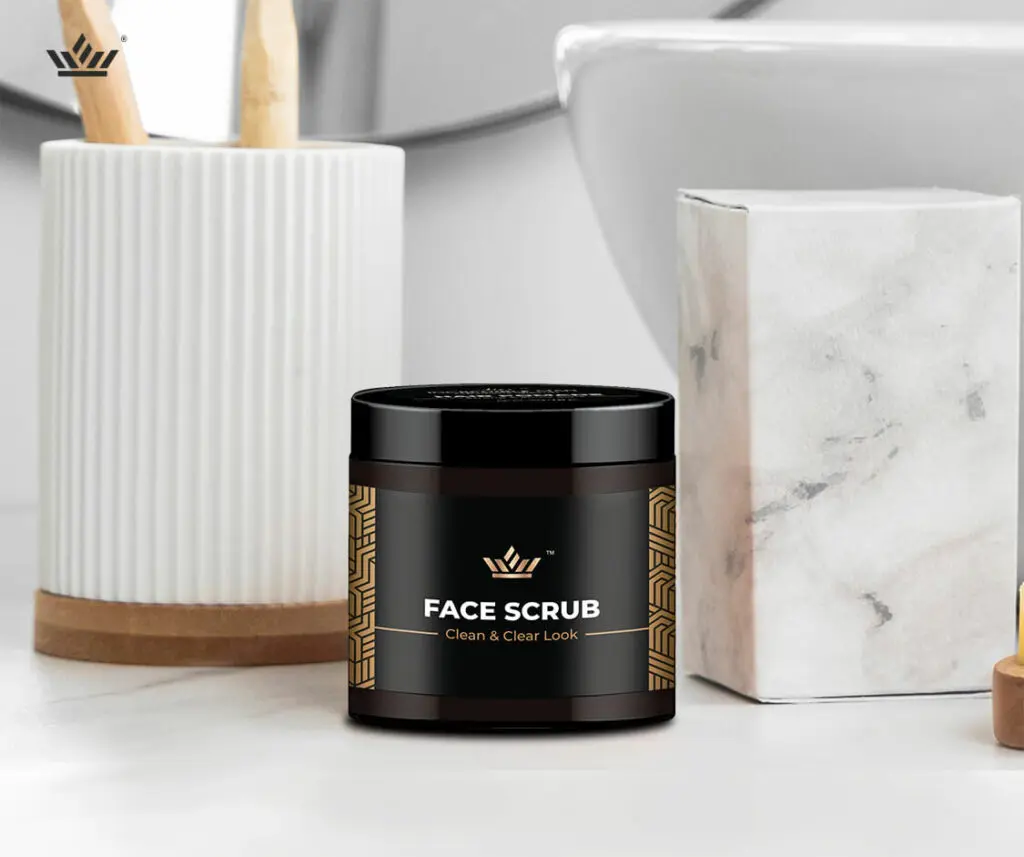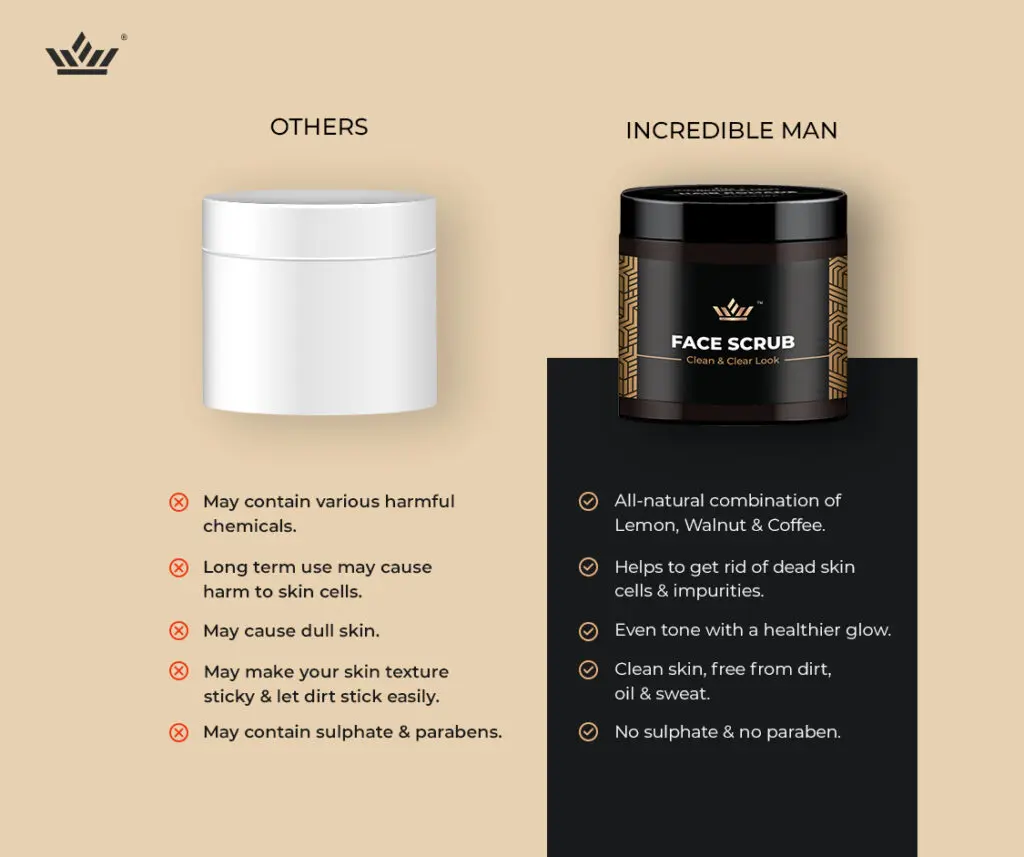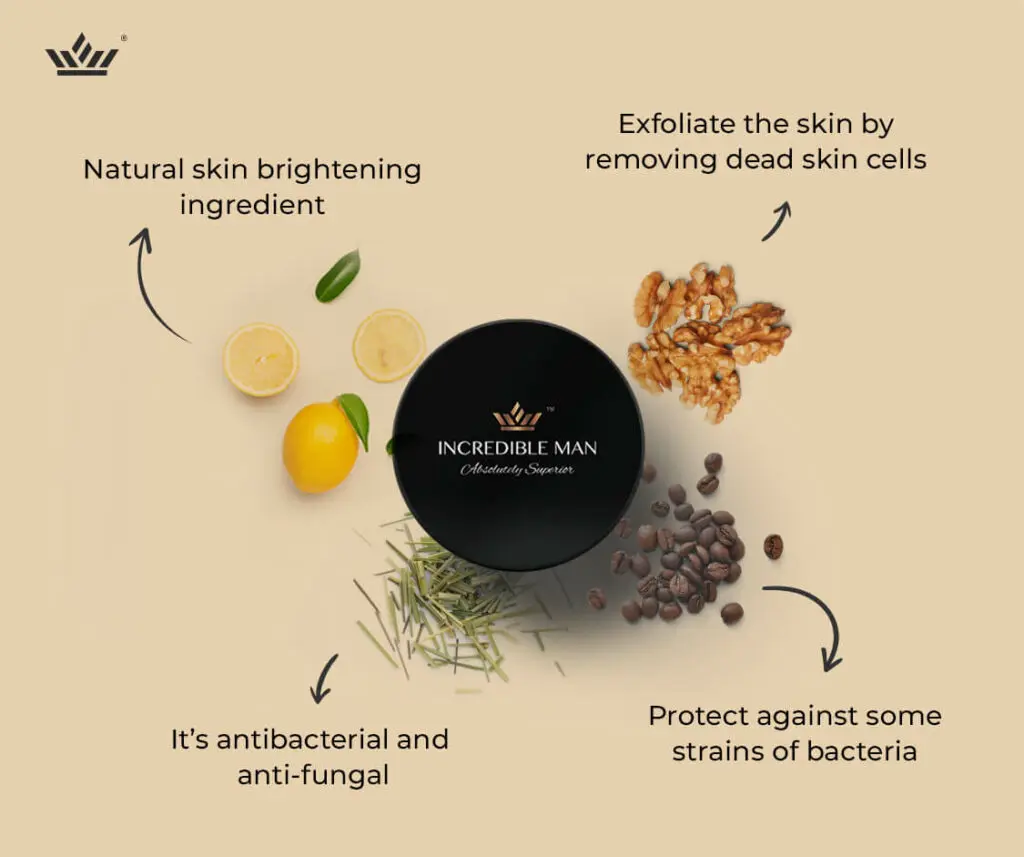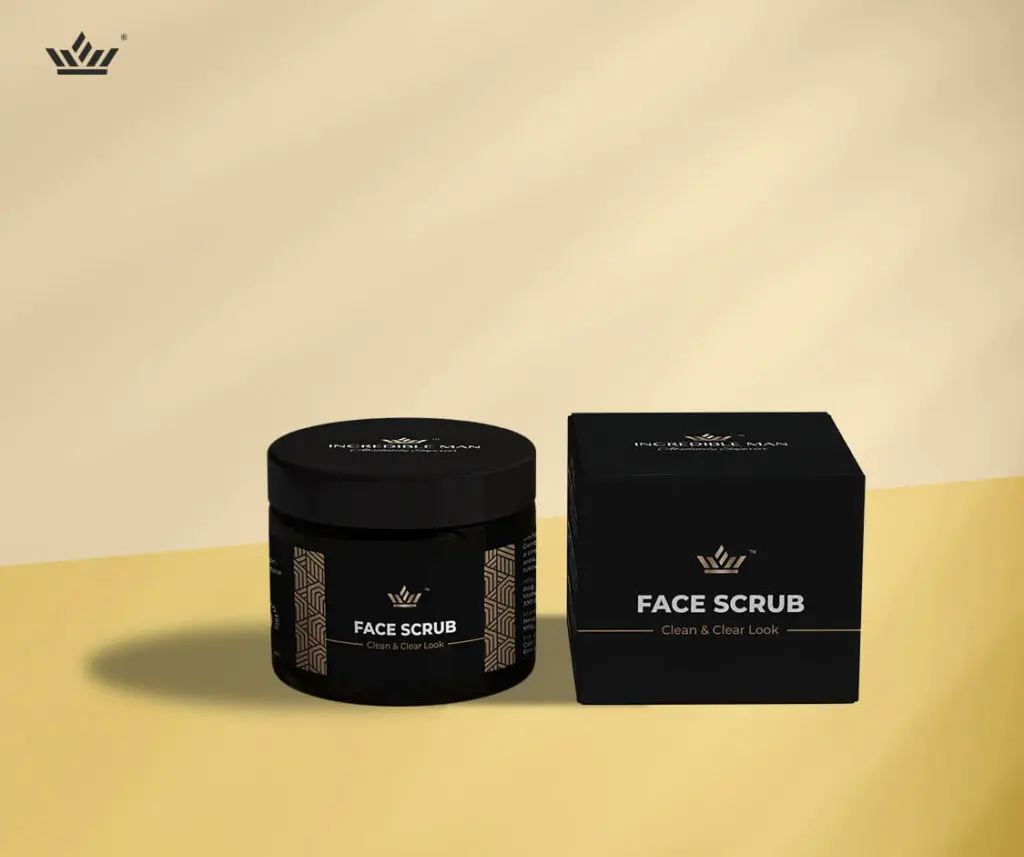When winter arrives, the first thing you notice is a change in your skin. This season’s special guest is dry, rough, and itchy skin. Do you know why?
Your skin stays moisturized by absorbing moisture from its surroundings. When the humidity level drops, your skin becomes dehydrated and feels dry.
Here are some dos and don’ts for keeping your skin nourished and silky during winter.
The Dos Of Winter Skincare
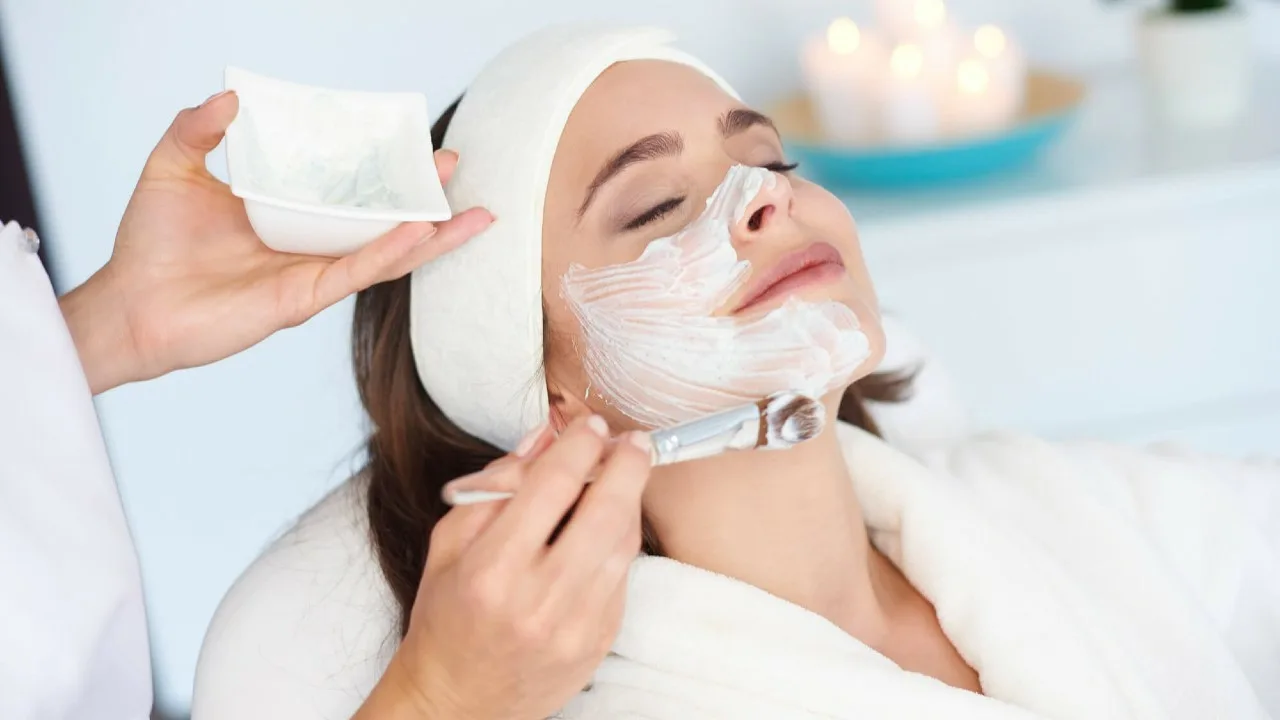
- Get a Gentle Cleanser – During the winter, you may need to switch up your cleanser if it leaves your skin feeling dry and tight after washing. You need a softer, more hydrating, and less acidic cleanser that will not dry out your skin and will also balance your skin’s pH levels.
- Replace Your Moisturizer With A Heavier One – The products you use during the hot summer months may not be suitable for your skin during the cold winter months. If you normally use a lotion or gel moisturizer, switch to a thick, cream-based moisturizer. This will calm your skin and prevent skin irritation.
- Consume Healthy Food – A balanced diet is essential for maintaining water content and increasing sebum production in the body. Skin health may be maintained by eating foods high in vitamins E, A, and C.Winter fruits high in vitamins and antioxidants include:
- Gooseberry
- Papaya
- Avocado
- Pineapple
- Banana
- Invest in a Humidifier – To increase moisture in enclosed places, use a humidifier. This will naturally assist your skin in retaining moisture. Use a mild coffee face scrub that will eliminate your dead skin cells. As above stated once the dead skin cells are eliminated, new cells are developed, and that results in brighter skin.
- Exfoliate Correctly – Exfoliate your skin two to three times each week. This will assist promote blood flow to your skin if done gently in circular strokes. This will give it a bright and healthy appearance. Don’t scrub too vigorously. Scrubbing too vigorously might damage your skin’s protective layer. A deep cleansing orange face wash gel that will work for both; it will cleanse plus illuminate your skin.
- Apply a Moisturizing Face Mask – While a good blackhead or breakout-busting mask can be beneficial, some of these products might be excessively harsh and drying in the winter. Instead, use a moisturizing cream or a sheet mask. Look for masks that contain moisturizing emollients as well as more active hydrating components such as vitamin E and ceramides.
- Wear Comfortable Clothes – Dry skin in the winter might be aggravated more if you wear tight clothing. Wear loose clothing to avoid feeling claustrophobic.
The Don’ts of Winter Skincare
- Don’t Wash Your Face Too Much – Although it may seem counterintuitive, cleaning your face too frequently might further dry your skin. Cleanse no more than twice a day.
- Do not Bathe in Hot Water for too long – As seductive as it may seem, soaking in a hot shower for an extended time can strip vital oils from your skin. The majority of doctors recommend maintaining the temperature below 110 degrees. If your skin develops red when bathing, it is best to reduce the temperature.
- Allergens should be Avoided – Flare-ups are caused by products that include irritants or harsh chemicals. Avoid using products that have harsh soaps, sulfates, or parabens.
Quick Tip:
Yogurt and buttermilk face pack: Buttermilk has health and skin care advantages and is regarded as an essential element in winter skin care suggestions. However, a yogurt and buttermilk face pack is an excellent winter skin care solution. Leave the paste of these two on your face for 20 minutes before washing it off with warm water. This home cure for skin dryness might also help you clean up your dull winter skin.
- Rash
- Dermatitis
- Psoriasis
Your skin has a natural ability to absorb moisture from its surroundings and stay hydrated. Low humidity levels throughout the winter months are to blame for poor skin health and dryness.
We also have a tendency to misuse harsh soaps and hot water, which can result in the loss of our skin’s natural barrier. Certain oils are required to prevent skin water loss. Our skin loses important oils and hydration when the skin barrier breaches.



